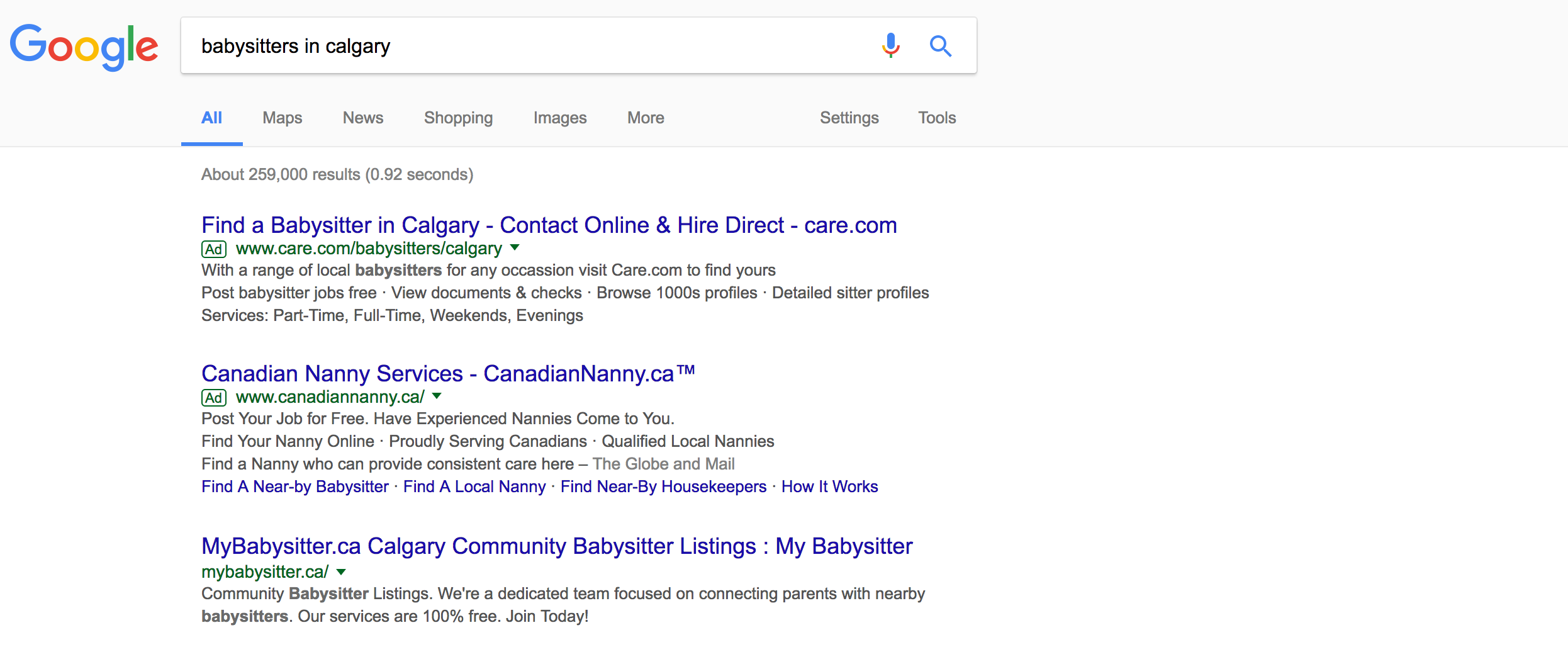Search engine optimization (SEO) is vital for any business. The usual approach to SEO is for websites to try and get ranked as high on Google as possible for specific keywords related to their business model. However, for many businesses, it’s much more important to rank well for localized search terms than more general terms related to their product or service.
When customers are looking for a business in their local area, they will be using location-specific search terms, such as city or street names. Ranking well in these categories follows some of the same principles as traditional SEO principles, but there are some fundamental differences which businesses should be aware.
Use Google to its Full Potential
Appearing near the top of Google search results is essential, but it’s not the only aspect of Google-related SEO that businesses should consider. Many potential customers find shops in their area using Google Maps. Making sure your business appears on Google Maps is massively important (other maps are also important such as Bing and Apple). Companies also need to ensure that their listing gives the best possible impression.
Google allows businesses to claim their listing and then customize the way in which it appears. By doing so, they can choose photographs to accompany their listing, as well as provide further details such as contact details and business hours. This information is key to attracting customers. Keeping everything in your business’s profile up-to-date can have a significant impact on your business’s ability to attract new customers.
Keep the Listings Consistent
To maximize the effectiveness of your business’s local SEO strategy, you should list your business consistently across all platforms. That means that your business’s name, address, telephone number, and website address should be the same wherever they appear online.
Having inconsistent data listed online can cause Google to rank your business as two or more separate entities, thus diluting the effect of your SEO efforts. It can also confuse potential customers and result in your losing activity you would otherwise have gained.
List Your Business with the Right Local Directories
Getting your business listed on directories such as Thomson Local, Trip Advisor, Yell and Yelp bring two tremendous benefits. The first is that it helps new customers discover your business directly through those websites. The second is that it boosts your ranking in local Google search results. These listings are free, and in most cases you don’t have to and probably shouldn’t pay for them. There are better ways to allocate your marketing budget.
Making the most of the directory listings isn’t as simple as listing your business in every one you can find. As with all other online platforms, you should take the time to ensure your business is listed consistently in all directories. It’s also a good idea to avoid low-quality directories that Google might penalize in its search rankings. Small, highly localized directories are fine, but businesses should avoid appearing in spam-focused directories that post low-quality links all over the internet. If you’re unsure about the quality of a directory, research its reputation through Google before submitting your business to it.
Schema Markup and Structured Data
This point may seem highly technical, but it is a useful SEO technique that you can learn within minutes. When Google and other search engines index your website, you can place the code that is not visible to the user on your page which will help the search engine’s crawlers quickly extract information such as your business’s location, contact details and opening times. You are explicitly telling Google what you want it to display rather than letting them make the call. They could be wrong.
There are tutorials for efficient data structuring and schema marking available online. It requires little more than copy and pasting the relevant code into your website and changing a few details to reflect your business. If you’re completely unsure about this, make sure your website designer or webmaster takes care of it. It can make a massive difference to how quickly customers find your business
Create Location-Specific Pages
If your business operates out of multiple locations, create an individual page for each location on your website. It doesn’t have to be a time-consuming process; you can just copy and paste the primary structure for each location’s page and change critical details to reflect each location accurately.
Doing this provides a local SEO boost to each location from which your business operates. Failing to do this means that your on-site SEO efforts will only benefit one of your business’s spots when people use location-specific search terms.
Generating and Responding to Reviews
Reviews help your business in two meaningful ways. They boost your Google ranking, and they also help potential customers decide whether they can trust your business. It’s worth making efforts in-store or on your website to encourage reviews. Given the vast benefits that reviews can bring, it probably makes sense to offer a small discount or gift to customers who are willing to leave a review.
You should be cautious about responding to reviews. Thanking people who leave positive comments is a good idea and can help make your business seem friendlier. Adverse reports should be dealt with carefully, whatever your true feelings about the complaint. If you take steps in your response to rectify the situation, you will project a positive image of your business and help overcome any damage the negative review does to your reputation.
Some businesses have gone viral by leaving hilarious responses to unwarranted bad reviews, but these businesses are in the minority. Most business owners make themselves look foolish if they respond to negative reviews with anything other than an attempt to solve the problem.
Taking a local approach to SEO is vital if you want to attract customers who reside within a specific geographical area. Companies which focus only on broad key terms are missing out on the enormous benefits that a more localized approach to SEO can bring.

